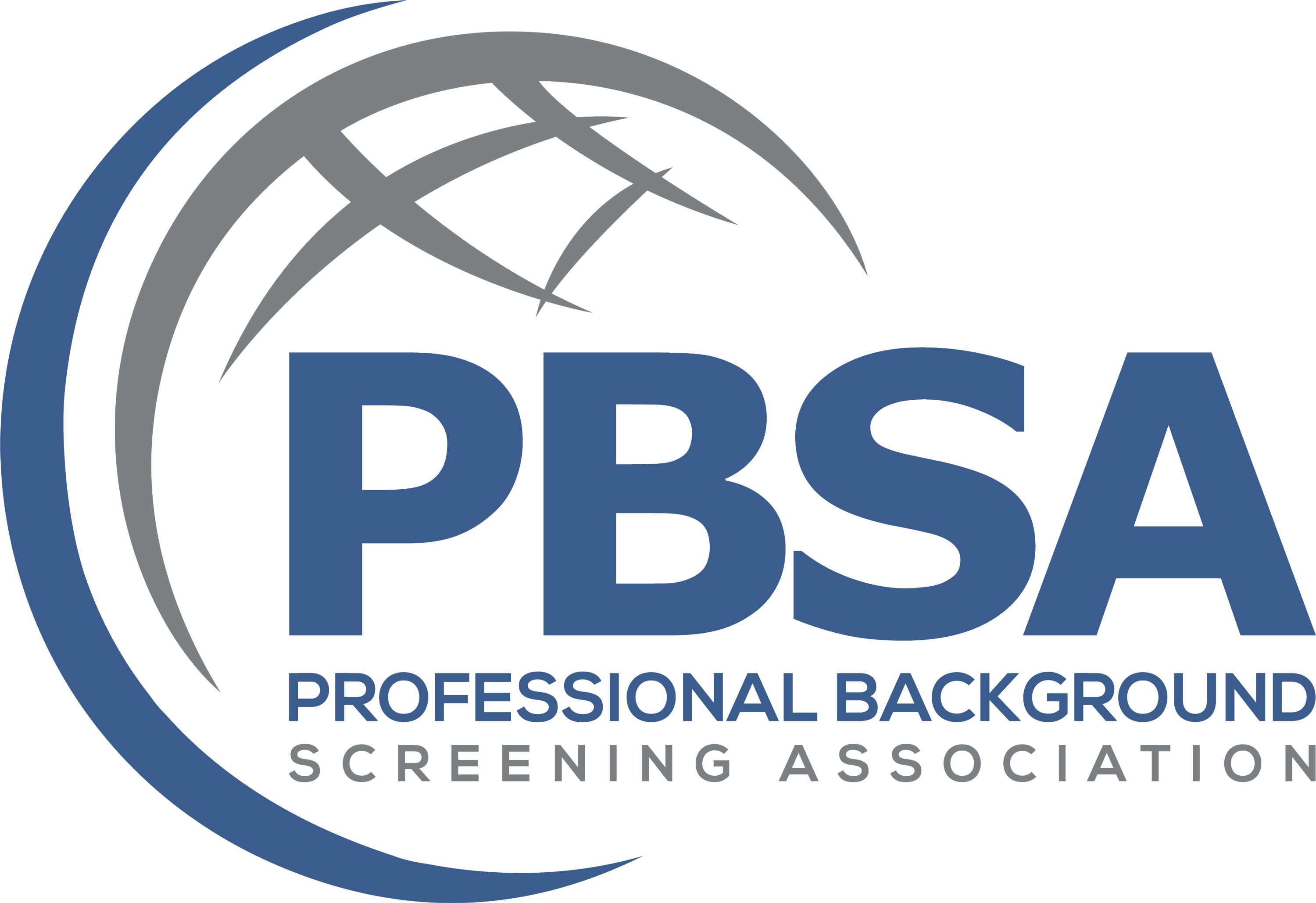To screen or not to screen?
One of the most substantial investments a company can make is on its newly hired employees. Companies make significant investments in time, training, money, and other resources for each new worker. The first step in getting to know a potential employee is to look over their resume. It provides a general summary of a person’s background, but it is difficult to determine which information is accurate.
According to HR.com, 53% of job applications contain false information, with 34% consisting of outright lies on employee’s experience, education, and the ability to perform the fundamental responsibilities of the position. Exaggerated job titles and duties, falsification of education credentials, inflated wages, misrepresentation of dates of employment, and falsifications indicating that candidates are eligible to work in a specific nation are all examples of resume fabrications. Still, many organizations are hesitant in conducting vital assessments and would just take offers from unprofessional and inadequate services to afford cheap background checks. However, in Bradford Smart’s Topgrading 201: How to Avoid Costly Mis-Hires, the average cost of a mis-hire is actually four times the yearly salary of a supervisor and up to 15 times the annual salary of a manager or executive.
But the challenge is this. How do we know if the information being collected is legally compliant with the Data Privacy Act?
How far can we go in terms of background checks without overstepping privacy issues and personal information?
Information privacy also covers the regulations that must be followed by businesses in order to protect their data. Furthermore, as new data protection laws are implemented, global privacy requirements and demands will extend and alter as well. In the Philippines, the Data Privacy Act of 2012 implemented by the National Privacy Commission (NPC) is observed and regulated. Data protection is the most effective approach to ensure that businesses are both compliant with the law and committed to protecting customer information privacy.
Below are ways for you to ensure that background checks are done legally and within the bounds of the Data Privacy Act:
- Determine which specific regulations apply to your employees’ or candidates’ information – As you aspire to hire a diverse group of employees, different laws for their identification may be applied so it is recommended you consult with your legal counsel or privacy office to have a better understanding of your circumstances.
- Establish a Background Check Policy – Because of the wide range of federal and provincial privacy and human rights legislation, it is critical for businesses to have a uniform and compliance background check strategy in place. The ability to properly defend your screening procedure will be enhanced if you have a framework in place to request, receive, and review background checks.
- Observe an appropriate practice of collection, use, and disclosure of information – If you want to develop or sustain an employment relationship, you should only collect information that is fairly essential to do so in accordance with your business requirements, not just information that would be interesting to have. After that, the information should only be utilized for the purposes for which it was originally gathered. In addition, access to personal information under your control must be restricted; only those who require it should have access to the information.
- Consult with a third-party representative – An extra step in ensuring your security practices are compliant to regulations is by conferring with a privacy officer that is not affiliated with your company or the background verification company you hired. This will give you a fresh perspective on the way your background checks are conducted which in turn provide further guidance on those gray areas that your company and the background verification services overlooked.
While it’s true that organizations should strive to provide a consistent and enjoyable experience for all of their customers and employees alike, it’s also important to ensure that all assets are protected and preserved with utmost compliance to Data Privacy Laws. With this, it is important for employers to invest in the right talent by conducting background checks that are legal, and fall under an appropriate process of collection, use, and disclosure of personal information.


